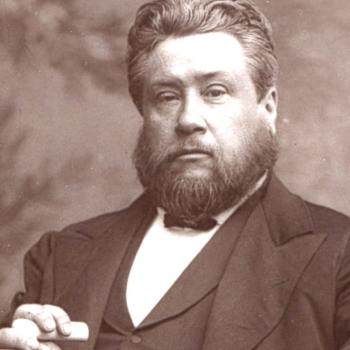 Since my post on reducing the stigma of divorce among Christians I have been outlining different Bible teachers views on the subject. We have looked at The Reformers, Piper, Keller and today we move to RT Kendall. In the following reformatted and abridged quote he outlines his view on the key Biblical verses on divorce and remarriage. Unlike Piper he allows for remarriage in some circumstances, but his approach is not as generous as Keller
Since my post on reducing the stigma of divorce among Christians I have been outlining different Bible teachers views on the subject. We have looked at The Reformers, Piper, Keller and today we move to RT Kendall. In the following reformatted and abridged quote he outlines his view on the key Biblical verses on divorce and remarriage. Unlike Piper he allows for remarriage in some circumstances, but his approach is not as generous as Keller
The Old Testament.
Moses did not command divorce but regulated an existing practice. (Deut. 24:1–4).
From this we may gather that divorce was practised. A form of contract was given to the wife. She was free to remarry. The grounds of divorce were in such general terms that no precise interpretation can be given.
There were two situations in which divorce was forbidden: When a man has falsely accused his wife of pre-marital unfaithfulness (Deut. 22:13–19). When a man had pre-marital relations with a woman and was forced to marry her (Deut. 22:28–29).
On two exceptional occasions divorce was insisted upon: When the returned exiles had married pagan wives (Ezra 9 and 10; Neh. 13:23ff). When some men had put away their Jewish wives so as to marry pagans (Mal. 2:10–16).
In Malachi 2:16 God said, ‘I hate divorce.’
The New Testament.
Matthew’s gospel. ‘But I tell you that anyone who divorces his wife, except for marital unfaithfulness, causes her to become an adulteress, and anyone who marries the divorced woman commits adultery’ (Matt. 5:32). ‘I tell you that anyone who divorces his wife, except for marital unfaithfulness, and marries another woman commits adultery’ (Matt. 19:9). Mark 10:11–12 and Luke 16:18 do not include the reference to infidelity, thus allowing no exceptions. The reason could be that no Jew, Roman or Greek ever doubted that adultery constituted grounds for divorce. Hence Mark and Luke took this for granted.
Matthew 19:9 allows for remarriage after divorce, given the grounds of marital unfaithfulness, among Jews there was no such custom as separation without permission to remarry.
The ‘Pauline privilege’: on grounds of desertion (1 Cor. 7:15). ‘But if the unbeliever leaves, let him do so. A believing man or woman is not bound in such circumstances; God has called us to live in peace’ (1 Cor. 7:15).
When the non-Christian spouse leaves, release him or her. Don’t you leave him/her; don’t initiate it. But if they initiate it, then let them go. Paul has no right, save his apostolic authority, to say this. It wasn’t taught by Jesus. Paul makes this concession.
The Big Question: can the divorced person remarry? Remarriage is implied, since remarriage was forbidden when one does the deserting (1 Cor. 7:11). But if one didn’t take the initiative remarriage is implied. One is ‘not bound in such circumstances’ (1 Cor. 7:15). Note: Paul envisaged an extreme situation; when one tried to hold the marriage together—but failed.
Conclusion
The New Testament presents a much higher standard than is seen in Deuteronomy 24:1–4. A husband did not have to look too hard if he wanted to divorce his wife, under the Mosaic law. The New Testament only allows two exceptions: unfaithfulness and desertion by the unbelieving spouse. Some say that in either case remarriage was still not allowed. My own view is that the purpose of divorce was largely to set one free to remarry. Today, as Christians, we have this tension we face: to maintain the high standard of Christian marriage and yet show compassion to those who suffer irretrievable marriage breakdown. We can only do this with fear and trembling.
Kendall, R.T. (2001) Understanding Theology, Volume Three. Ross-shire, Great Britain: Christian Focus, pp. 458–460.














